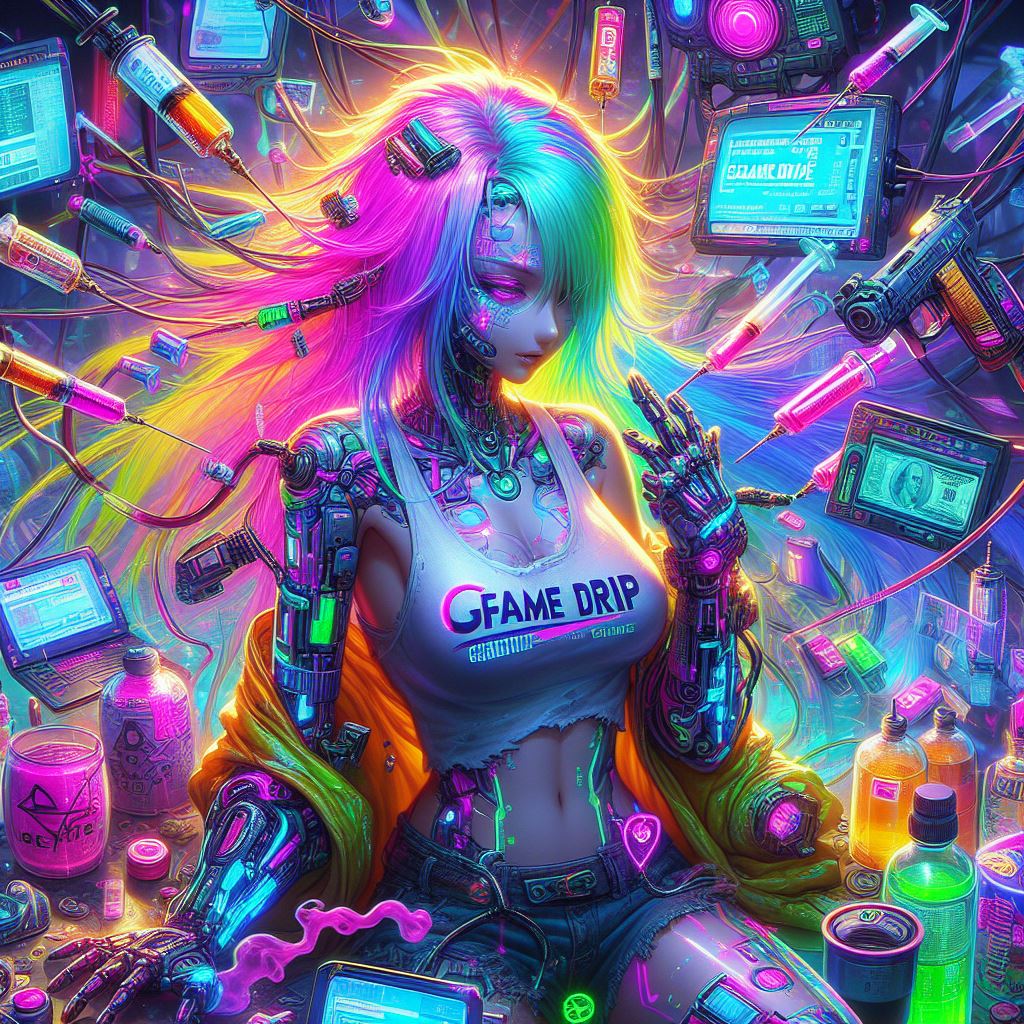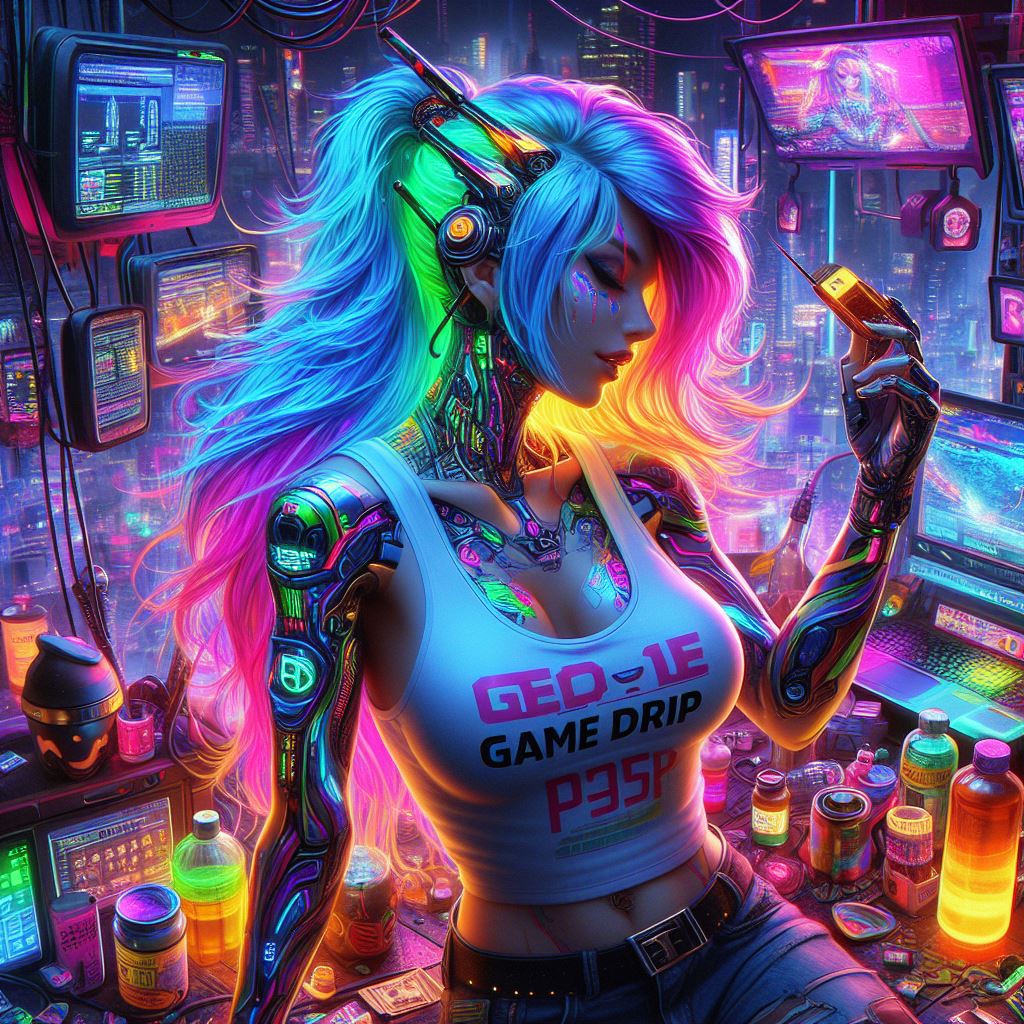Elon Musk Throws the Entire Reality into Question with AGI and Living in a Simulation
Elon Musk recently made a statement that has sent shockwaves through the tech community. In a live Twitter Spaces conversation, he shared his thoughts on the intersection of AGI and the possibility of humanity living in a simulated reality. This has sparked a fascinating debate, with profound implications for our understanding of the universe. Let’s dive into the details and explore some other groundbreaking AI developments that have taken place recently.
The AGI and Simulation Discussion
Elon Musk discussed the idea of Advanced General Intelligence (AGI) and its potential role in determining if we live in a simulation or not. He proposed a thought experiment envisioning an infinite chain of simulated universes, raising intriguing questions about the nature of reality.
Neil deGrasse Tyson disputed Musk’s theory, leading to a thought-provoking exchange that offered new perspectives on the concept of base reality versus simulation.

The Power of Simulations
AI simulations have become a crucial tool for generating valuable data. As seen in examples like OpenAI’s use of the Unreal Engine to train models, simulations are now considered a powerhouse for providing the data essential for AI development. This shift in perception has positioned simulations as a vital resource, with the potential to transform various industries.
The Rise of Groq: A New Player in AI Hardware
Amidst the discussions of AI simulations, Groq, a burgeoning AI hardware startup, has made waves in the industry with its ultra-fast and cost-effective AI chips designed for inference processing. The founders have shared their vision and the unique capabilities of their processors, heralding a new era of computation in the AI hardware space.
Magic Breakthrough and Google’s Gemma
Former GitHub CEO Nat Friedman and his investment partner Daniel Gross invested $100 million in Magic, a company focused on developing AI coding assistants. This partnership aims to leverage a breakthrough in AI reasoning capabilities, hinting at exciting developments in the field.
On another front, Google has released Gemma, a family of lightweight state-of-the-art open models that promise powerful performance across various tasks, showcasing the continuous evolution of open-source AI models.
Gender-Based Brain Patterns and AI
Stanford Medicine conducted a groundbreaking study using AI to analyze brain scans, discovering sex-specific brain patterns that influence cognitive abilities. This research offers valuable insights into the intersection of gender, brain organization, and cognitive performance, paving the way for a deeper understanding of the brain’s complexities.

In conclusion, the world of AI is experiencing rapid and transformative developments, shaping the future of technology and our understanding of reality. The thought-provoking conversations initiated by visionaries like Elon Musk, coupled with the advancements in AI hardware and software, illustrate a bright and dynamic future for artificial intelligence.




















